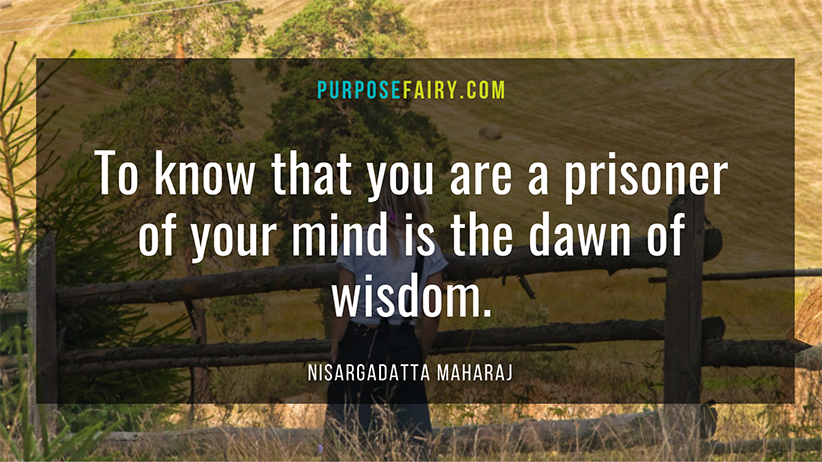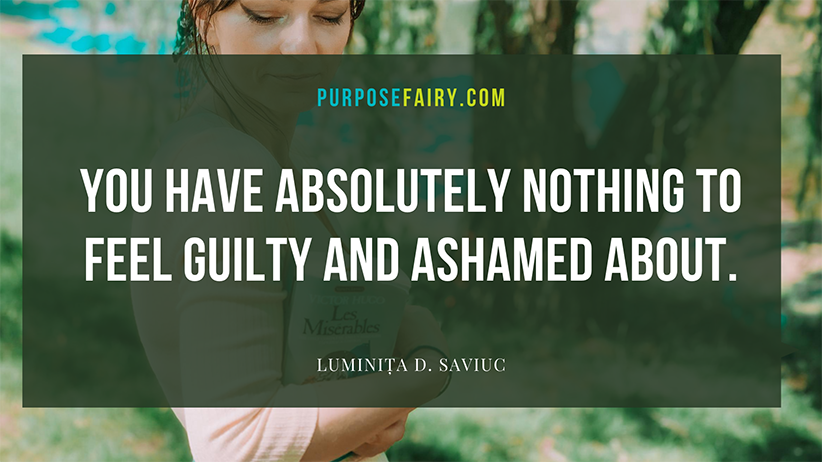
I have spent the first quarter of 2021 speaking to students, mums, dads, employees, employers and everyone in between, about their wellbeing, living a happier life and what it actually means. The lather was a theme that came up time and time again.
We all crave it, we all want it- but what exactly does living a happier life mean to you?
For me, living a happier life is like a journey, not a destination. And in this journey, the presence of anxiety and life stresses are unavoidable and forever present but the prison of anxiety is optional. For this reason, happiness to me is about engaging in the here and now in order to fully become who you really are.
So I have condensed, in this blog, some of the key hacks I mentioned over the last 3 months in my wellbeing seminars that can support us in this journey.
3 Key Steps For a Happier Life
1. Self Awareness.
Self-awareness simply means pressing the pause button to ask yourself “What is going on internally?”
This is about being aware of your thinking. Are your thoughts helping you or hindering you? E.g. “there are no jobs, why did I do this degree, there is no way out”- are they generating positive feelings or are they enhancing self-doubt
and low self-worth?
The reality is, our thoughts influence our emotions, and our emotions ultimately influence our behaviour. This is because our minds have the ability to be our own prison or our liberation. So when we are more self-aware, we are more likely to identify what our thoughts are and how we are feeding it.

So what’s the practical takeaway here?
There are two key hacks that can help us lean into the part of our mind that can be that liberation. The first is acknowledgement, and the second, acceptance.
Acknowledge your feelings. You can’t heal what you can’t feel. A lot of the time we put on a mask, bottling up our feelings- but this only chains us further than frees us to heal. It chains us to the past and to our emotions.
To take responsibility for our feelings means to stop repressing and avoiding them, and to stop blaming them on other people but instead accepting them as our own. And when we acknowledge what we are feeling, it’s easier to get to a place of acceptance. “This is what I’m feeling”, “this is the situation right now”- “what can I do
about it?”
Living a happier life is not just about feeling good, it’s also about accepting. Accepting who we are, accepting change but also recognising the boundaries of that change.
This leads me nicely to the second step…
2. Optimism
Ah, wait! Don’t switch off just yet.
I know.
When we are going through low mood, loneliness or feeling very alienated- the last thing you are really thinking about is optimism. But optimism simply means being aware of how we see an issue. It is in fact the engine of resilience, for so many reasons.
Optimism is about our perceptions to a problem and then looking for the things that are within our control in that situation. This is where our energy and attention should be focused on, rather than focusing on the things outside our control.
Optimism is really about our willingness to do something about what we are feeling.
Reflect on this: What’s making you feel anxious right now?
And ask yourself:
“What aspect of this situation is in my control, and what aspect is outside my control?”
By distinguishing between the two we are better able to focus our energy and attention on what really matters.
Don’t just think about this question. Write your thoughts down. The very act of writing something down gives shape to our thoughts. Seeing an idea and processing it down on paper gives us a new perspective and can help us to be more objective.
3. Write a Forgiveness Letter.
Now, this is a very interesting one because I personally think it’s a game-changer. Particularly where we are in the world right now, this is a very useful tip to increase our wellbeing. A lot of us are angry about what could have been as a result of the pandemic.
To forgive is to grieve for what happened, for what didn’t happen, for what could have happened. To give up the need for a different past. To accept life as it was and as it is. This is by no means saying what happened in the past was acceptable, but it’s accepting that it happened and then choosing not to let the fact that it happened destroy the life that you have now, in the present, and for your future.
This is a forgiveness letter to yourself– letting go of what could have been and recognising, reminding yourself that you are doing the very best you can with what you have, and that’s good enough.
Say it with me:
“I am doing the very best, with what I have right now”.

The forgiveness letter frees us, allowing us to tune in to that part of our mind that can be our liberation, instead of our own prison.
What’s the practical takeaway here? You don’t have to post the letter. Bin it. Tear it up. Whatever you want. But writing the letter is the first step to freeing us, enabling us to move forward.
So that’s it!
These are 3 simple keys to a happier life for this year, and not only. I should also add here that there is no one size fits all template for happiness. But these are steps that can be learned and practiced, steps that each of us can weave together in our own way, in this journey to living a happier life.
Comments
Toluwa Oyeleye
Toluwa is a TEDx speaker and Wellbeing Coach, enabling individuals with practical wellbeing tips and techniques to fully flourish and show up as the best version of themselves in the world. Make sure to check out her website www.toluwaoyeleye.com, her podcast Tea with Tols and Youtube Channel where you will find open conversations on wellbeing issues and practical tips.
read more